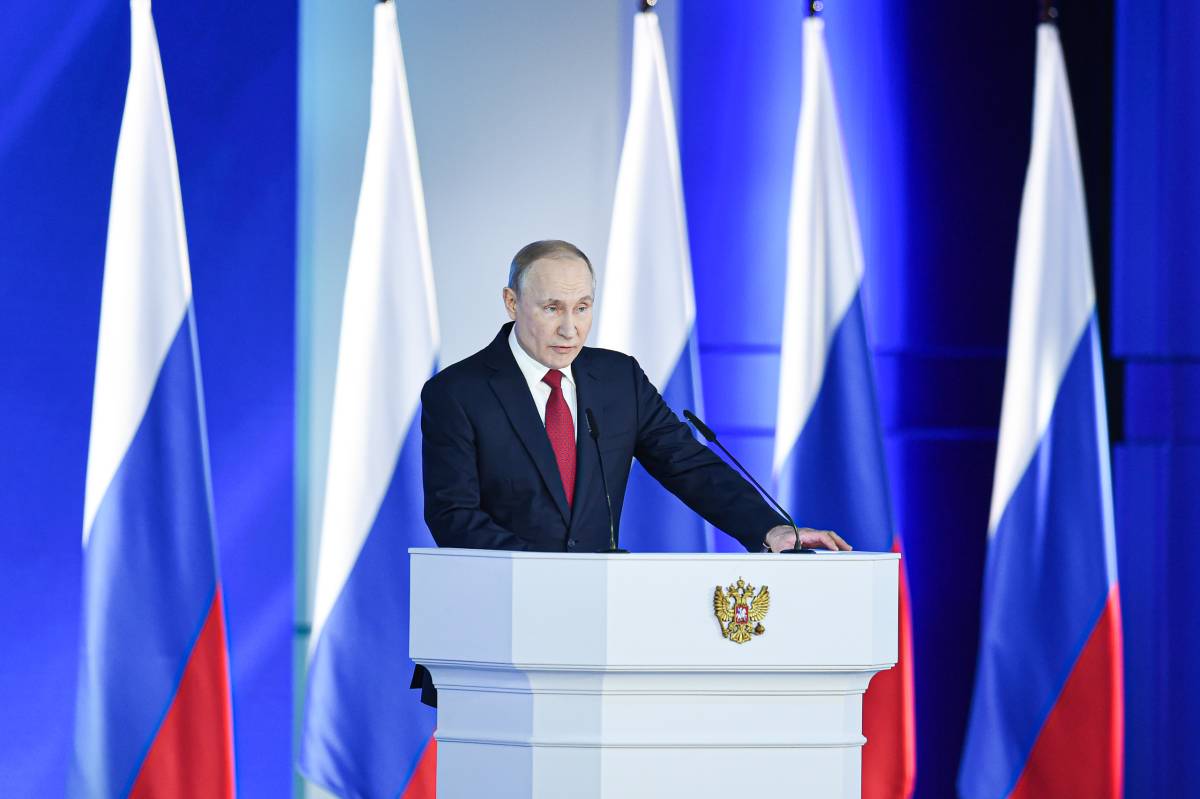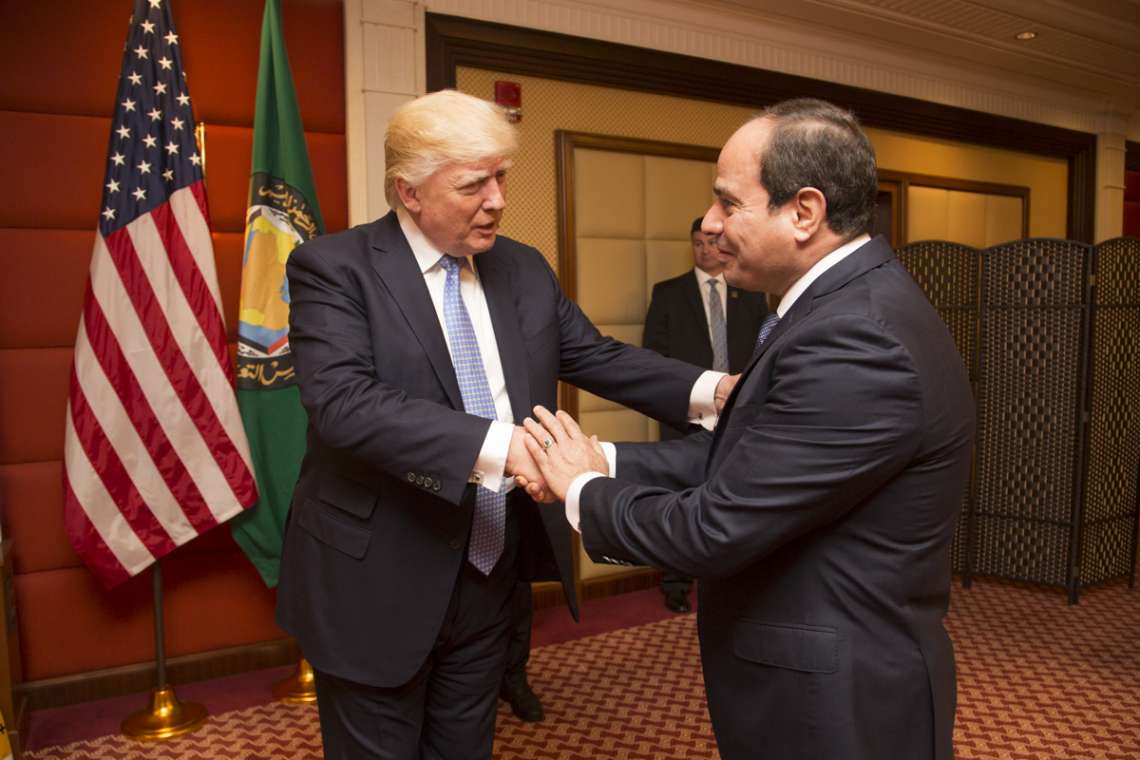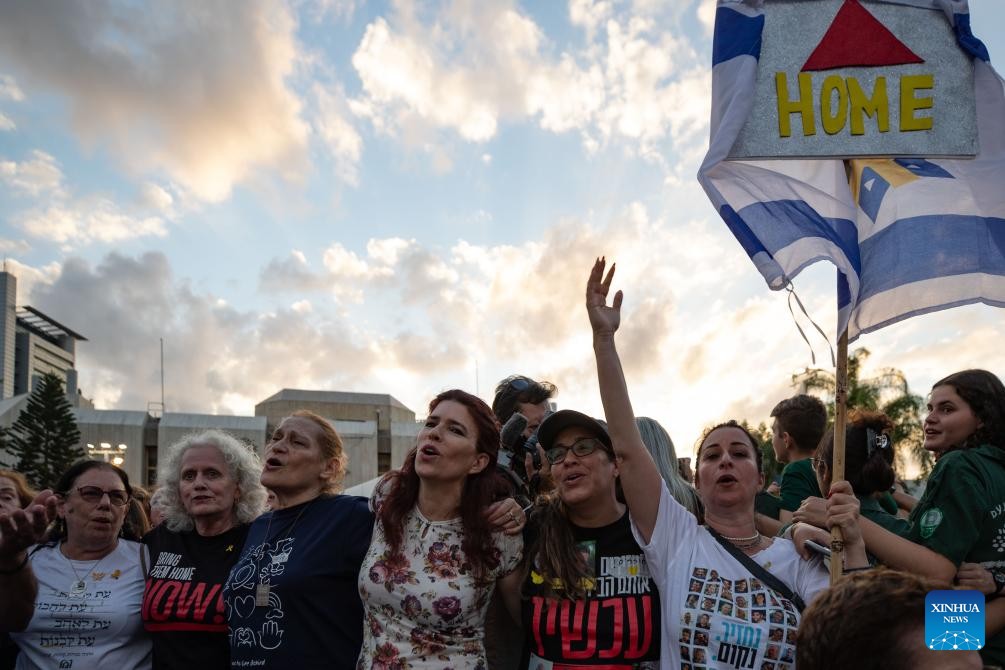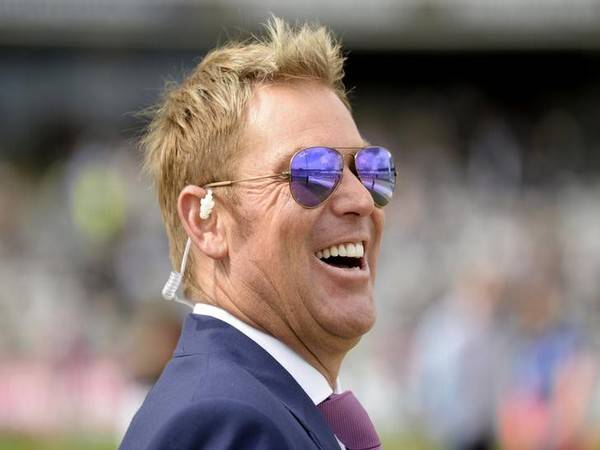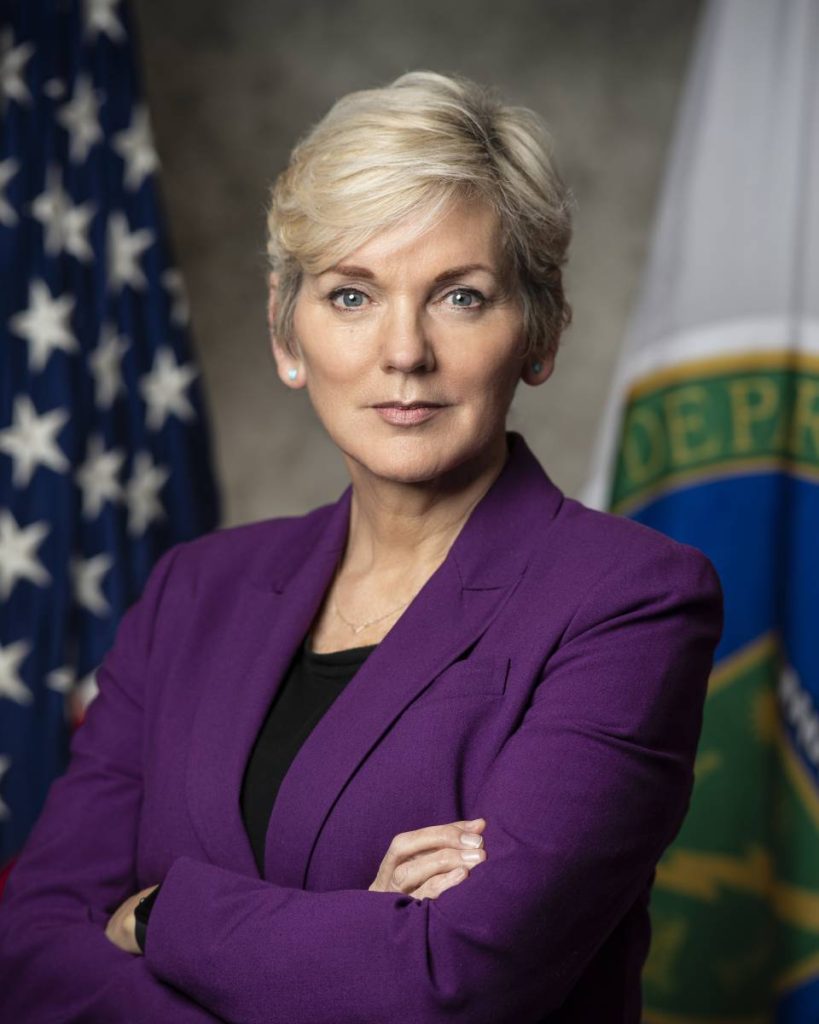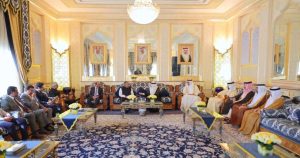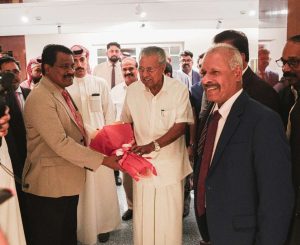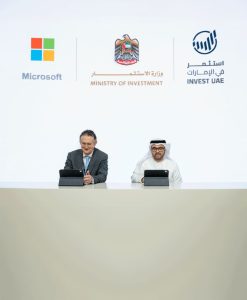It is debatable if Russia’s actions now or earlier in Ukraine, or say, Georgia nearly a decade back, or in Chechnya even earlier, or the contrary stance to some policies of the US and its allies are good or bad or if it is on the “right path” under Vladimir Putin, but it is important to know what and how its political leaders think, and what they want? And is Putin’s Russia different from that of Boris Yeltsin, or the erstwhile Soviet Union, or even Tsarist Russia?… writes Vikas Datta
Amid the turmoil following the conflict in Ukraine, and the actions and reactions of global powers presaging tensions and realignment for years to come, and raising questions about whether the West miscalculated Russian intentions, it is worth remembering the words of a prominent statesman who had declared that “it cannot be in accordance with the interest of the safety of Russia that Germany should plant itself upon the shores of the Black Sea.”
A Russian apologist? No, it was Winston Churchill in 1939. Of course, the Germany he was referring to was Adolf Hitler’s Nazi regime, which had just kicked off World War II a month before, but the same sentiment persists for Russia, be it in connection with any other power, say NATO.
Students of contemporary international relations may recall the extent that Russia negotiated — and succeeded — in keeping control over its sprawling naval base at Sevastopol, which fell in Ukraine, following the dissolution of the Soviet Union.
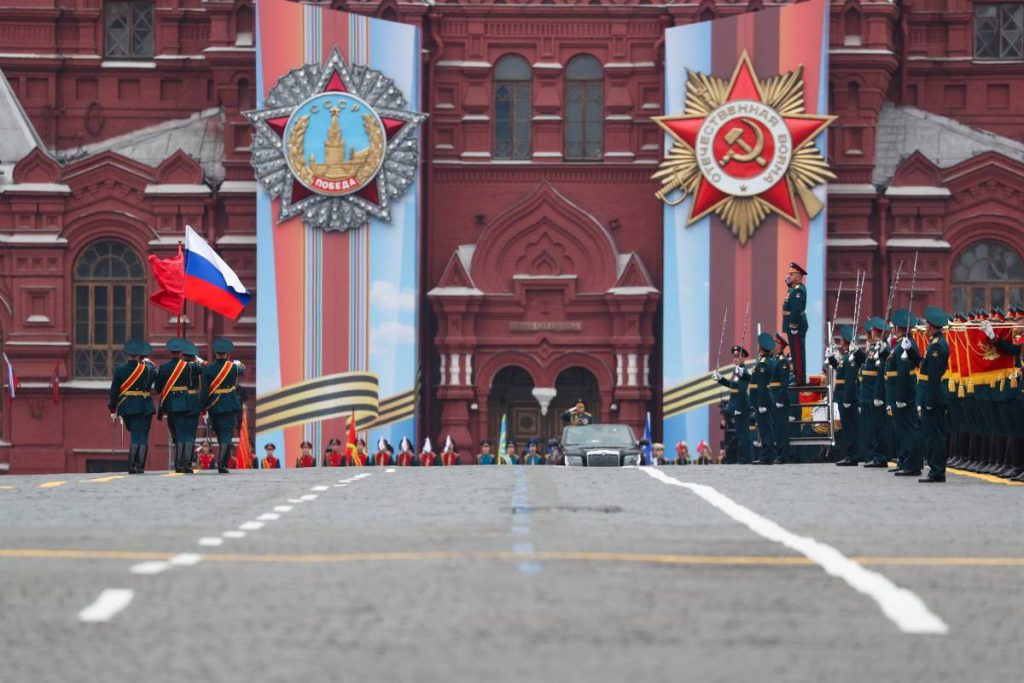
It is debatable if Russia’s actions now or earlier in Ukraine, or say, Georgia nearly a decade back, or in Chechnya even earlier, or the contrary stance to some policies of the US and its allies are good or bad (morally, that is — and this is a sentiment more cited than followed in international politics), or if it is on the “right path” under Vladimir Putin, but it is important to know what and how its political leaders think, and what they want? And is Putin’s Russia different from that of Boris Yeltsin, or the erstwhile Soviet Union, or even Tsarist Russia?
For this, we need to head back to Churchill’s speech, which is more famous for his referring to Russia, and its actions, as a “riddle wrapped in a mystery inside an enigma”.
The British statesman, who was yet to become Prime Minister, however, provided a solution for understanding Russia’s dynamics, motivations and intentions: “… but perhaps there is a key. That key is Russian national interest,” he had said.

And it is this Russian interest, which has persisted since its appearance as a major European power at the beginning of the 18th century under the Tsar Peter, and persisted since then under the Tsars, the Commissars, and the post-Soviet rulers down to President Putin, that governs Russia’s actions.
The first, and foremost, interest is security. No country would like an adversary on the border, and while Europe, after centuries of conflict, including the all-encompassing devastation of the Second World War, created a durable inter-state institution (European Union) that prevents any attack on members by other members.
The US was luckier, being on a continent by itself, and within two decades of its formation, formulating a strategy, the Monroe Doctrine, that regarded the entire Western hemisphere as its sphere of influence, not open to any other power — as Arbenz’s Guatemala, Castro’s Cuba, Allende’s Chile, the Sandinistas in Nicaragua, and Venezuela under Chavez and Maduro, among others, found out.

Others, like Russia, are not so lucky.
While the Cold War saw the NATO and Warsaw Pact groupings facing each other, the latter is now a historical footnote, but NATO, which was founded to accomplish the three-fold objective of “Keeping the Germans down, the Americans in, and the Russians out”, continues to flourish.
It also incorporates all the Warsaw Pact countries as well as many of those whose presence in the European security architecture has been absent for centuries till now.
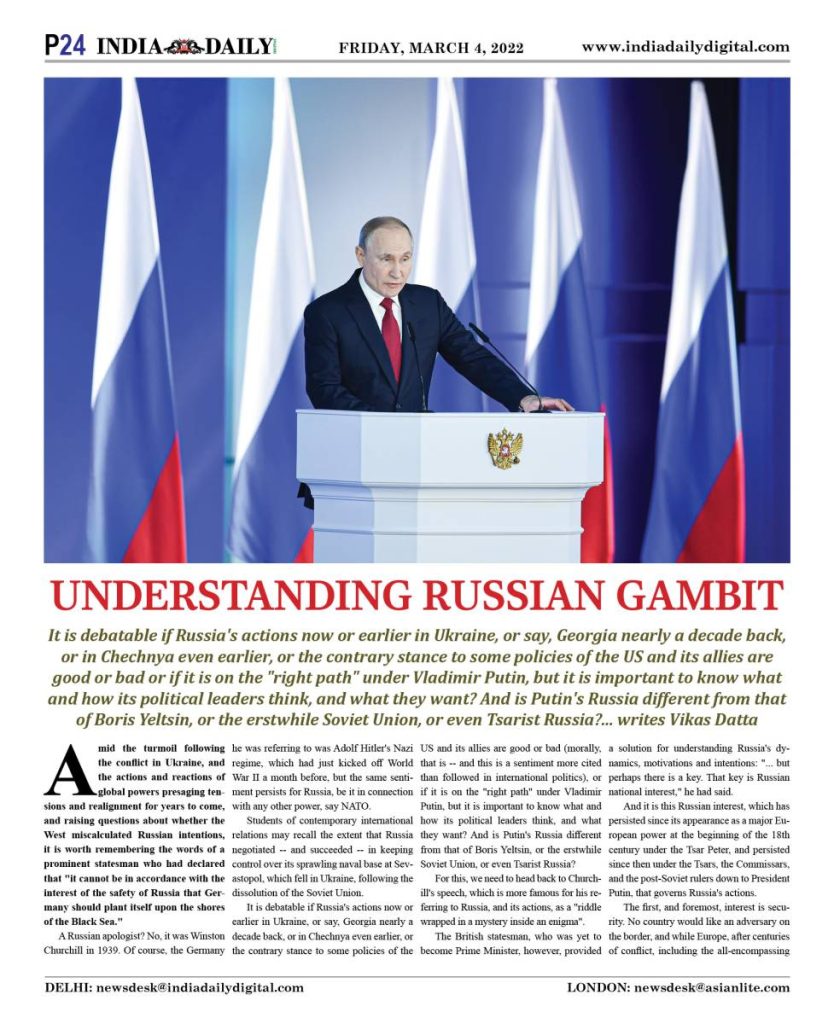
As these comprise those formerly in the Soviet Union — no matter how incorporated and how unhappy — and bordering Russian territory, Russian apprehensions can be understood.
And with decades of the West, especially the US, taking “advantage” of a weakened Russia to advance its own interests — the NATO expansion, the interventions in former Yugoslavia, the invasion of Iraq, and subsequent interventions in Libya and Syria, the US withdrawal from the landmark Anti-Ballistic Missile Treaty, and then recently, the Intermediate Range Nuclear Forces treaty covering Europe, the “colour revolutions” in a number of former Soviet states across Eurasia, and so on, it seems fairly evident that Russia would retaliate eventually.
Here, it must be stressed that attempting to understand the motivations and perceptions that influence any country’s actions or govern its response to other countries’ actions do not necessarily mean endorsing them. But, ignoring or overlooking them is “strategic blindness” that a number of thinkers have always warned against. Did the West fail on this count?

